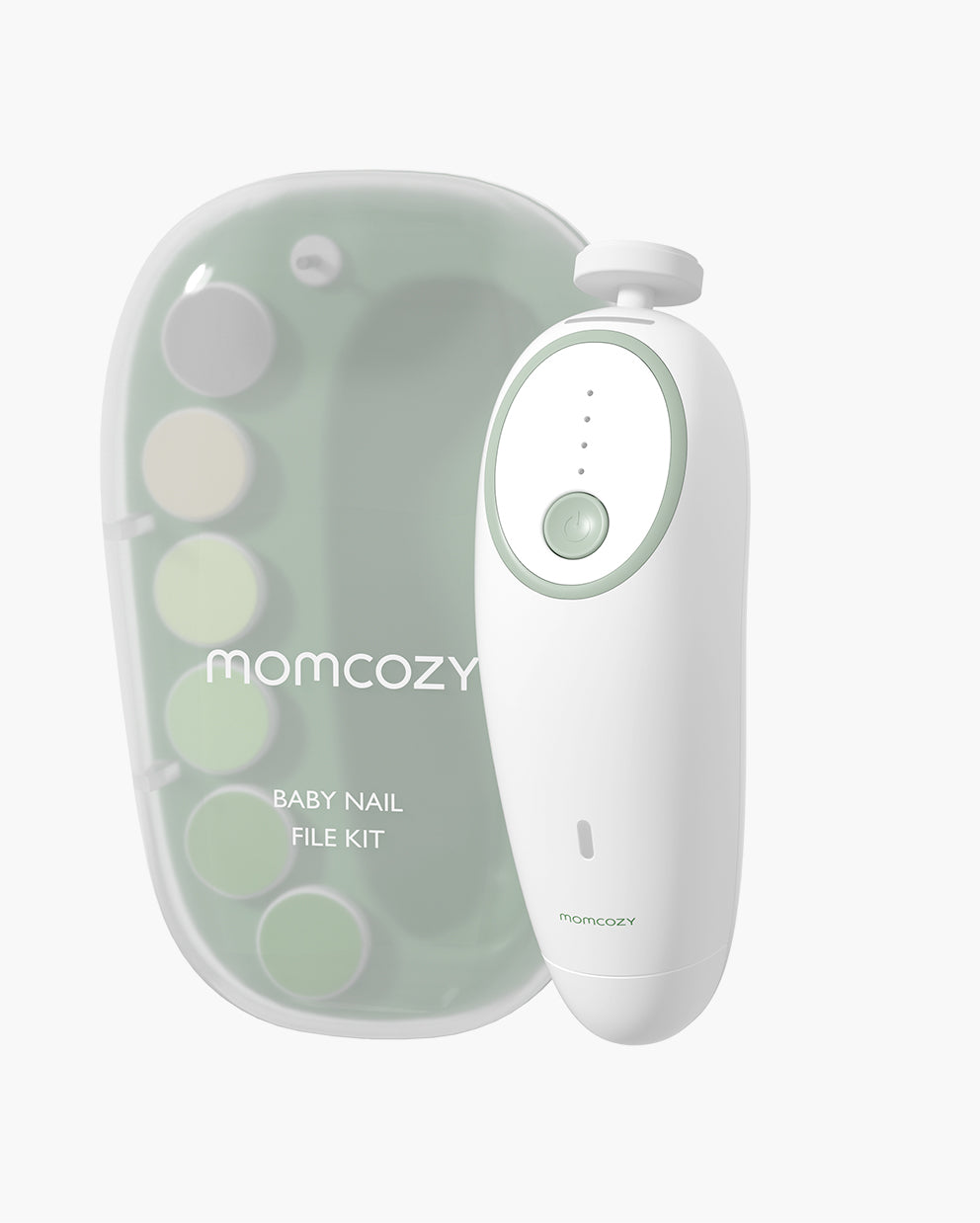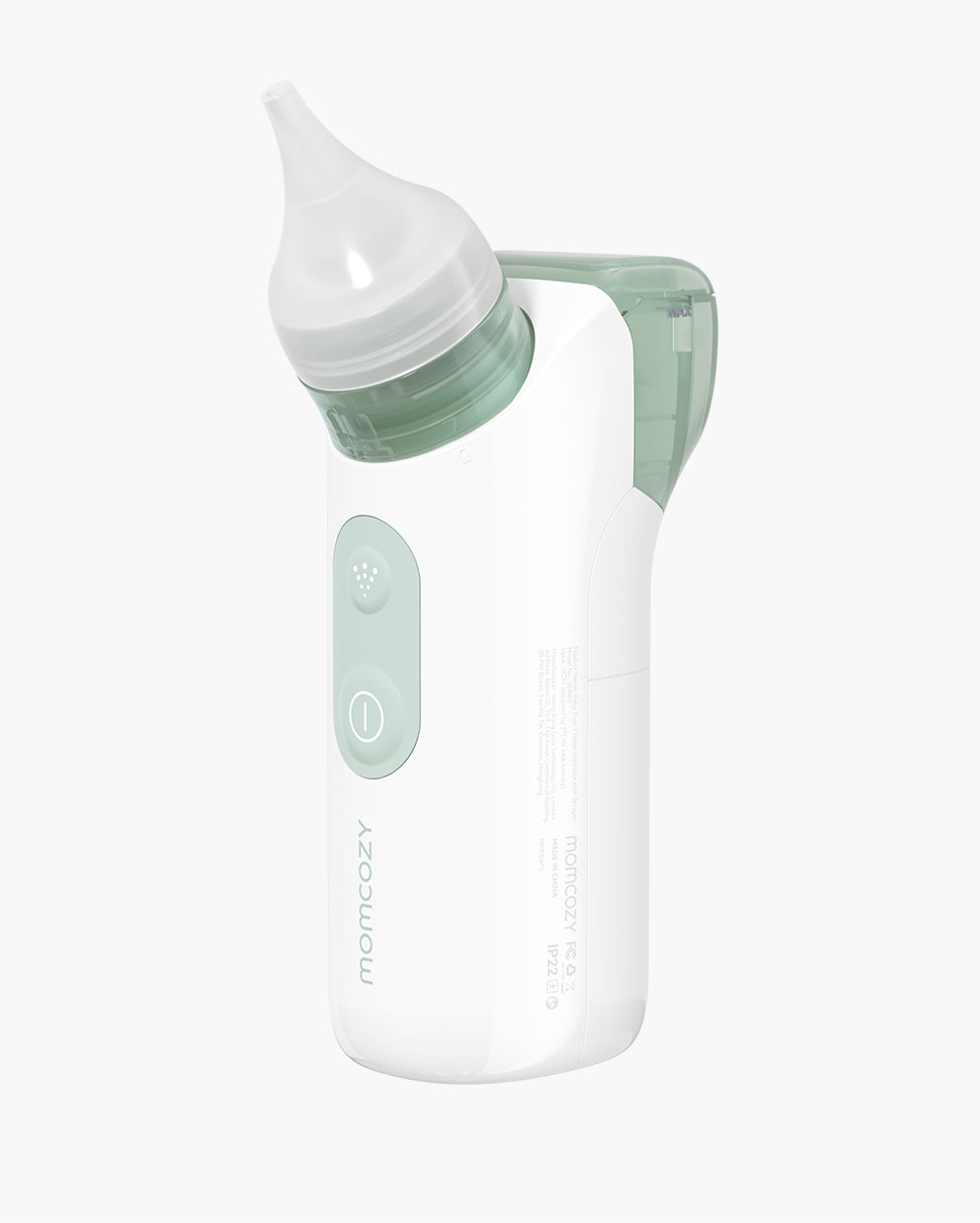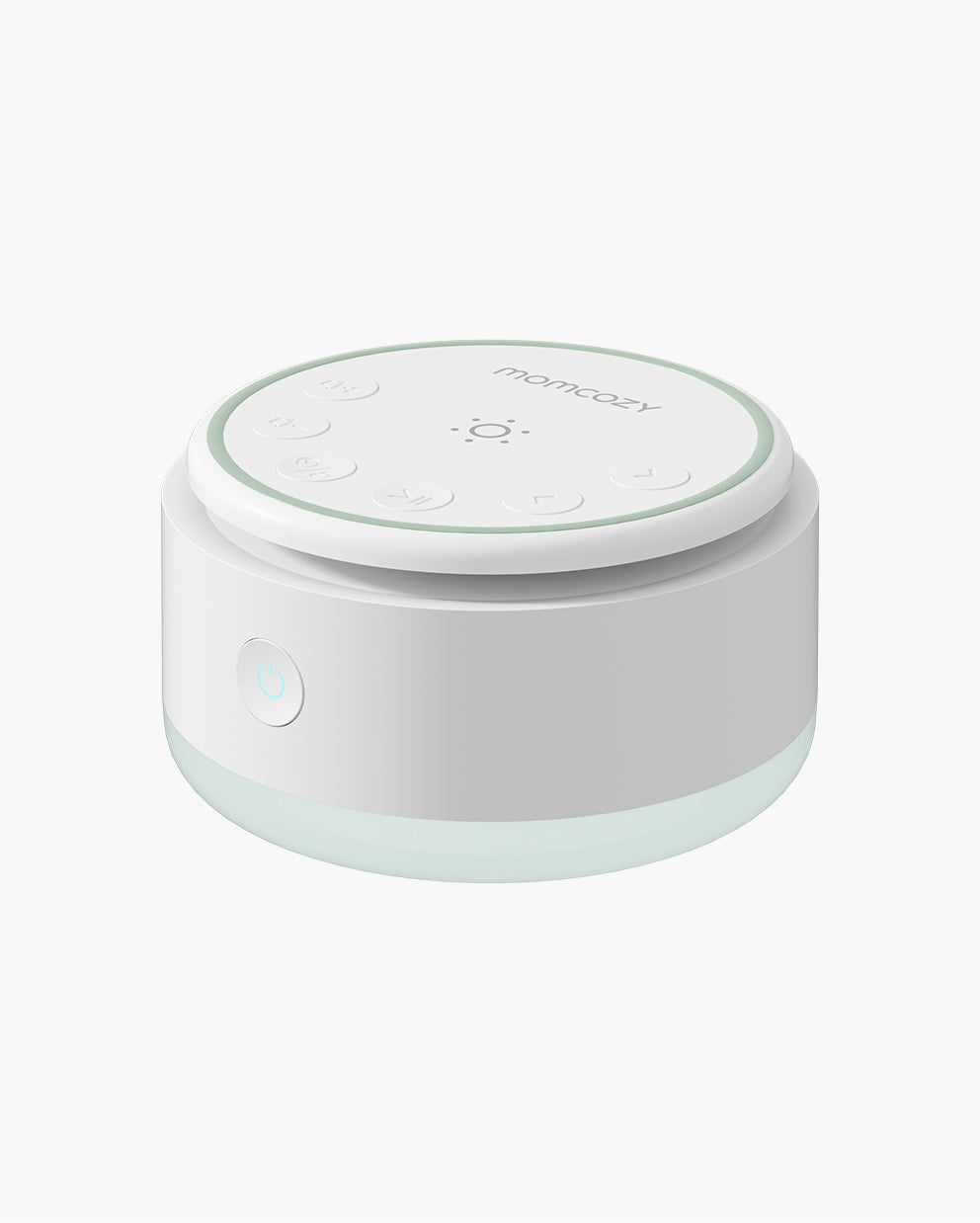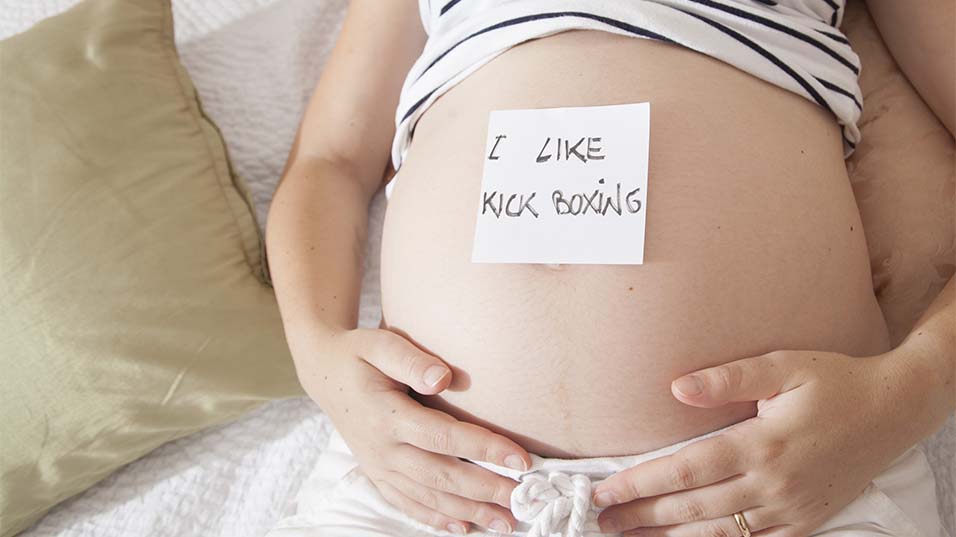If you have a newborn that cries frequently and without warning, you are certainly not alone. Newborns cry for as little as an hour per day and often much longer than that. This is their way of communicating that they need something, whether it be milk, attention, or comfort. Even if you understand the logic behind their crying, it can be stressful and draining to try to decipher what it means. There are usually certain times of the day when you’ll notice your baby is fussier than usual. Often this will be in the early evening or late morning. Picking up on your baby’s individual tendencies can provide a sense of peace as you learn their baseline and can adapt to it. Ultimately, a newborn crying is a normal, healthy response to seeking fulfillment of their needs.

Why Do Newborns Cry?
Firstly, it is important to gain an understanding of the many reasons newborn babies might cry throughout the day. There is actually a wide range of possibilities, and you have to use logical reasoning to figure out what each individual cry may mean. Babies cry when they need something. Because they can’t communicate their needs via words, this is their best and only option. As you spend more time with your baby, you’ll be able to pick up on their unique cries easier. In the beginning, though, it can be incredibly difficult to understand. Some of the most common reasons babies cry are due to hunger, being too hot or cold, feeling lonely, exhaustion, a wet diaper, or the need to suck on something. They also might begin crying if they are in too loud of an environment, if people around them are angry or upset, or if they are abruptly awoken from slumber. With such a wide range of possible reasons, it is understandable why first-time parents may struggle with understanding their baby’s needs. Rest easy, knowing it will get easier with time, and there are plenty of calming techniques to help in the interim.
Calming Techniques
The ability to calm a baby down when they are crying is essential to ensuring they feel safe and protected. Below are some of the most helpful strategies you can use to soothe your baby when they need it most.
White noise is a helpful tool for soothing a baby that is crying as they resist sleep. When you put your baby down in their crib, they no longer feel the sense of comfort they get while you hold them. This static noise helps calm their anxious minds and lull them to sleep.
Putting something in their mouth to suck on, whether it be a pacifier or a finger, is great for giving them something to focus on. Many babies continue sucking their thumb or a pacifier far past the newborn stage as it becomes a coping mechanism for them. Although you will need to intervene and end the habit as they get older, this calming technique is perfect for newborns.
Slings are another way to let your baby feel the comfort of your skin while you have the freedom to move around. You can put your newborn in the sling and go for a walk, do the dishes, or simply relax on the couch. The beauty of a sling is that it allows your arms to be free, which is important if your baby ends up falling asleep. The saying “never wake a sleeping baby” certainly has some truth behind it.
A gentle massage can also calm your newborn down, with the use of mildly warm baby oil and gentle strokes of your fingers. It is vital to be soft with your touch as babies are sensitive and can bruise easily. Lay your baby down on a blanket and massage the limbs and back, avoiding the stomach area. Newborn babies have a tendency to experience stomach cramping, which can further exacerbate their cries.

A tried and true method is rocking your baby gently back and forth. The small but consistent movement lulls them to sleep in many cases as they feel a sense of relaxation. You can add in a gentle “shh” as well, which acts as a form of white noise. Using a rocking chair is excellent, but you can also do this standing up. Make sure the movement is gentle enough to where their head and neck are not being moved. Very small, evenly paced movements are key to a successful rocking.
You will also want to check their newborn diaper to see if it has been soiled. Babies are likely to cry if they are feeling wet and uncomfortable, so changing their diaper is a simple solution that can provide serious comfort. Using leak-proof diapers is a great way to decrease the amount of discomfort your baby experiences throughout the day. Additionally, you’ll want to make sure their skin is not inflamed, and there is no rash present. Coconut nourish wipes can soothe your baby’s skin and help them feel relaxed more quickly.

What If Nothing Works?
If you’ve tried all of the calming techniques above and nothing seems to be working, it’s possible your baby is experiencing discomfort that is out of the norm. If their cry sounds abnormal, accompanied by heightened temperature, or their skin has taken on a pale shade, it is recommended to reach out to a healthcare professional as soon as possible. In most cases, you will be able to calm your baby within a short period of time. Even if their crying picks back up a short time later, you can repeat the pattern until they are settled and sleepy. Only you will know what is best for your baby, so it is essential to trust your intuition and take the correct action for your family.








Leave a comment
This site is protected by hCaptcha and the hCaptcha Privacy Policy and Terms of Service apply.